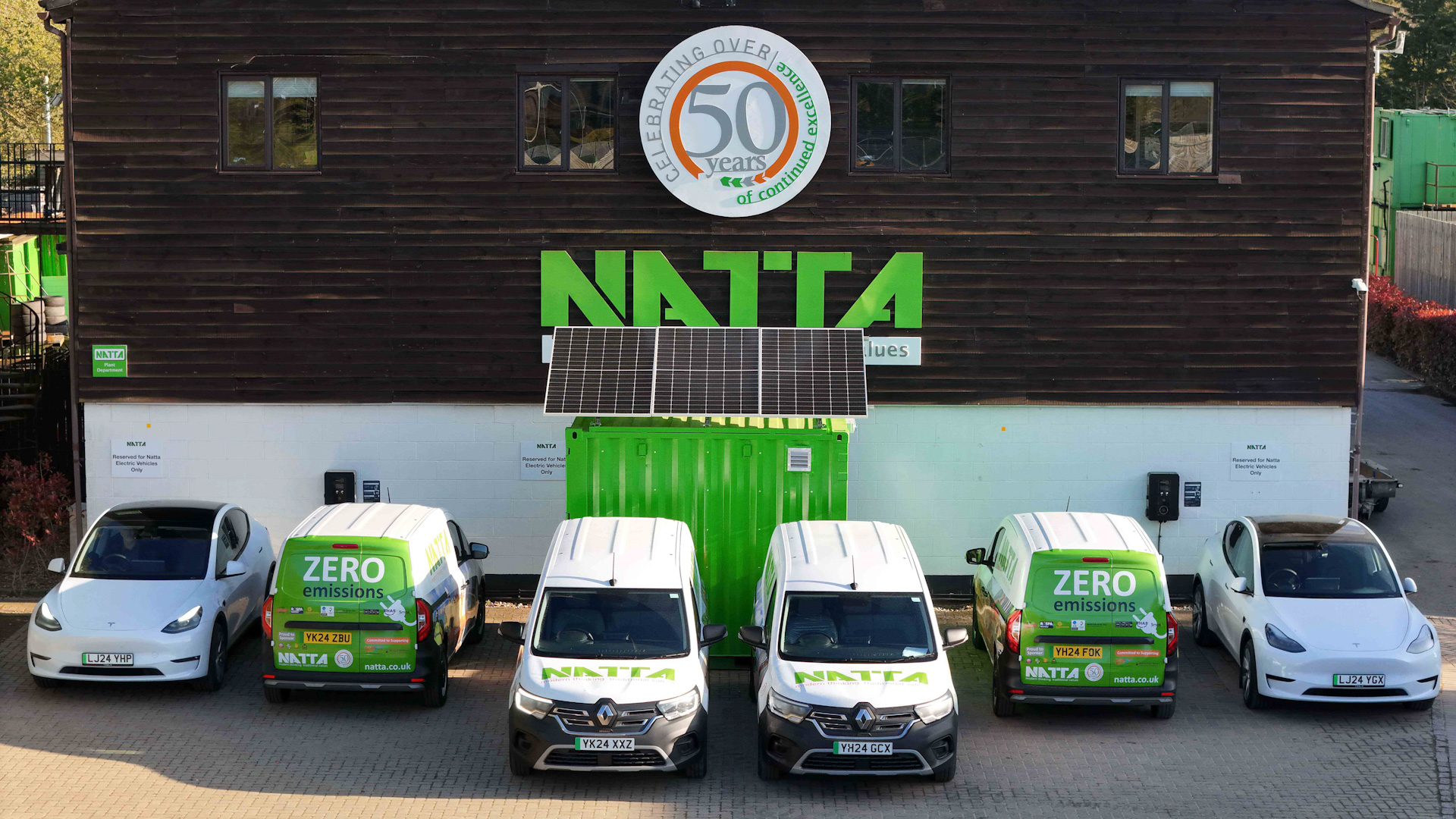Natta’s New Electric Vans
Natta’s New Electric Van Investment
We have some news to share about an exciting milestone for The Natta Group! We have purchased 5 new electric vans to add to our existing Natta Fleet.
These are Renault Kangoo vans and our first fleet of electric vans, demonstrating our commitment to increasing the number of electric vehicles our staff use in the coming years. We have a strong ambition to be an industry leader, and we can’t wait to see the positive impact these vans will have on our business, community and planet.
Our New Electric Vans
As a construction business, we understand the importance of reducing our carbon footprint and embracing eco-friendly solutions. Introducing these electric vans to our fleet marks a significant step forward in our commitment to sustainability.
Prior to this, Natta had already rolled out an ‘Electric Car Salary Sacrifice Scheme’ to promote the use of electric vehicles within our workforce. To date, we have 16 electric cars for our employees as part of this scheme. We have also increased the number of electric charging points at our Head Office to facilitate this increase.
The Benefits of New Electric Vans in Construction
Electric vehicles can be crucial in a transition to a greener business. 80% of new cars and 70% of new vans sold in Great Britain will now be zero emission by 2030. This will increase to 100% by 2035. With innovation and sustainability as core values, we are eager to stay at the forefront of these advancements in technology.
Some of the many benefits of our electric vans include:
- Environmentally friendly – reduction in carbon footprint.
- More cost-effective – reduction of fuel costs and maintenance expenses.
- Noise reduction – electric vans operate more quietly, which can be beneficial when working in urban or residential areas where noise pollution can be a concern.
- Improved brand image – using electric vans demonstrates our commitment to environmental responsibility and sustainability.
More Plant Sustainable Initiatives
We are proud to be accredited with FORS Silver and are working towards our Gold accreditation. We continually invest in our plant and vehicle fleet and ensure that we use the most efficient engines. This continued investment will reduce our fuel impact and meet the new Transport for London emissions requirements.
Our plant fleet is monitored through software on their online portals, namely our Hitachi and JCB machines on site. We also pull monthly detailed reports on the machines, including fuel consumption, fuel efficiency and CO2 Emission Output. All our machines are also set to eco mode as standard to minimise their emissions. We have the latest telemetry monitoring and idling data systems in place on our excavators, dumpers, loaders and dozers.
The Wex fuel card system is used for our vans and cars to record the fuel consumption of our vans and cars. These vehicles are all set with GPS trackers, and the speed restriction is set to 70mph.










 Facebook
Facebook Youtube
Youtube LinkedIn
LinkedIn Instagram
Instagram